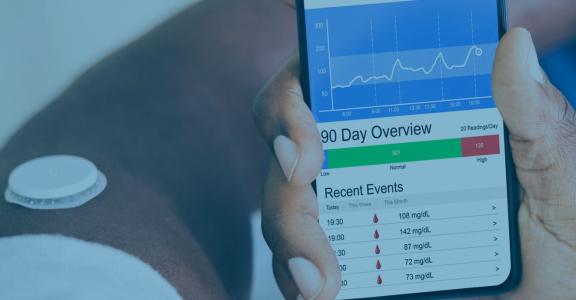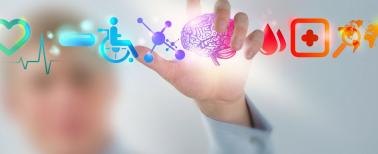Learn human factors engineering for safer, user-centered medical device development.
Skills you will gain
- Human-Centered Design Integration: Apply human factors principles throughout the medical device development lifecycle.
- Usability Risk Reduction: Identify and mitigate usability-related risks to enhance patient safety and product effectiveness.
- Standards & Regulatory Compliance: Navigate FDA guidance and ANSI/IEC standards for human factors engineering.
- Evaluation & Documentation: Review usability documentation for alignment with regulatory and quality requirements.
- Human Factors Methodologies: Use proven methods to uncover, assess, and resolve usability issues in device design.
Course Description
Understanding and applying human factors is essential to ensuring product usability and user satisfaction. More importantly, consideration of human factors during the design and development of medical devices helps to ensure patient safety by minimizing the risks introduced by user error. This course begins with the fundamental principles of human factors and builds on that foundation each week to cover core concepts and demonstrate how human factors fit into the larger context of medical device software and hardware development. Lessons address the integration of human factors and usability into the product development lifecycle, regulatory considerations, including applicable FDA guidance and standards (ANSI/IEC), and human factors methods.
The course is beneficial for professionals who already have a basic understanding of risk management and quality systems, as well as a broad range of technical professionals, including those with no prior medical device experience.
Topics
- Applicable Standards/Guidance Documents
- Task/Workflow Analysis
- Formative & Summative Evaluations
- 62366 Checklist
Professional Credit
UCSC EXTENSION Approved by the California Board of Registered Nursing, Provider Number 13114, for 20 contact hours
- Live-Online Attend via Zoom at scheduled times.
| Date | Start Time | End Time | Meeting Type | Location |
|---|---|---|---|---|
| Wed, 04-22-2026 | 6:30pm | 9:30pm | Live-Online | REMOTE |
| Wed, 04-29-2026 | 6:30pm | 9:30pm | Live-Online | REMOTE |
| Wed, 05-06-2026 | 6:30pm | 9:30pm | Live-Online | REMOTE |
| Wed, 05-13-2026 | 6:30pm | 9:30pm | Live-Online | REMOTE |
| Wed, 05-20-2026 | 6:30pm | 9:30pm | Live-Online | REMOTE |
| Wed, 05-27-2026 | 6:30pm | 9:30pm | Live-Online | REMOTE |
| Wed, 06-03-2026 | 6:30pm | 9:30pm | Live-Online | REMOTE |
| Wed, 06-10-2026 | 6:30pm | 9:30pm | Live-Online | REMOTE |
This class is offered in an online synchronous format. Students are expected to log into this course via Canvas at the start time of scheduled meetings and participate via Zoom, for the duration of each scheduled class meeting.
To see all meeting dates, click "Full Schedule" below.
You will be granted access in Canvas to your course site and course materials approximately 24 hours prior to the published start date of the course.
Required Text:
Relevant Standards 62366-1:2016 + A1:2020, 62366-2:2016, 1497:2012+A1:2020
This course applies to these programs:





